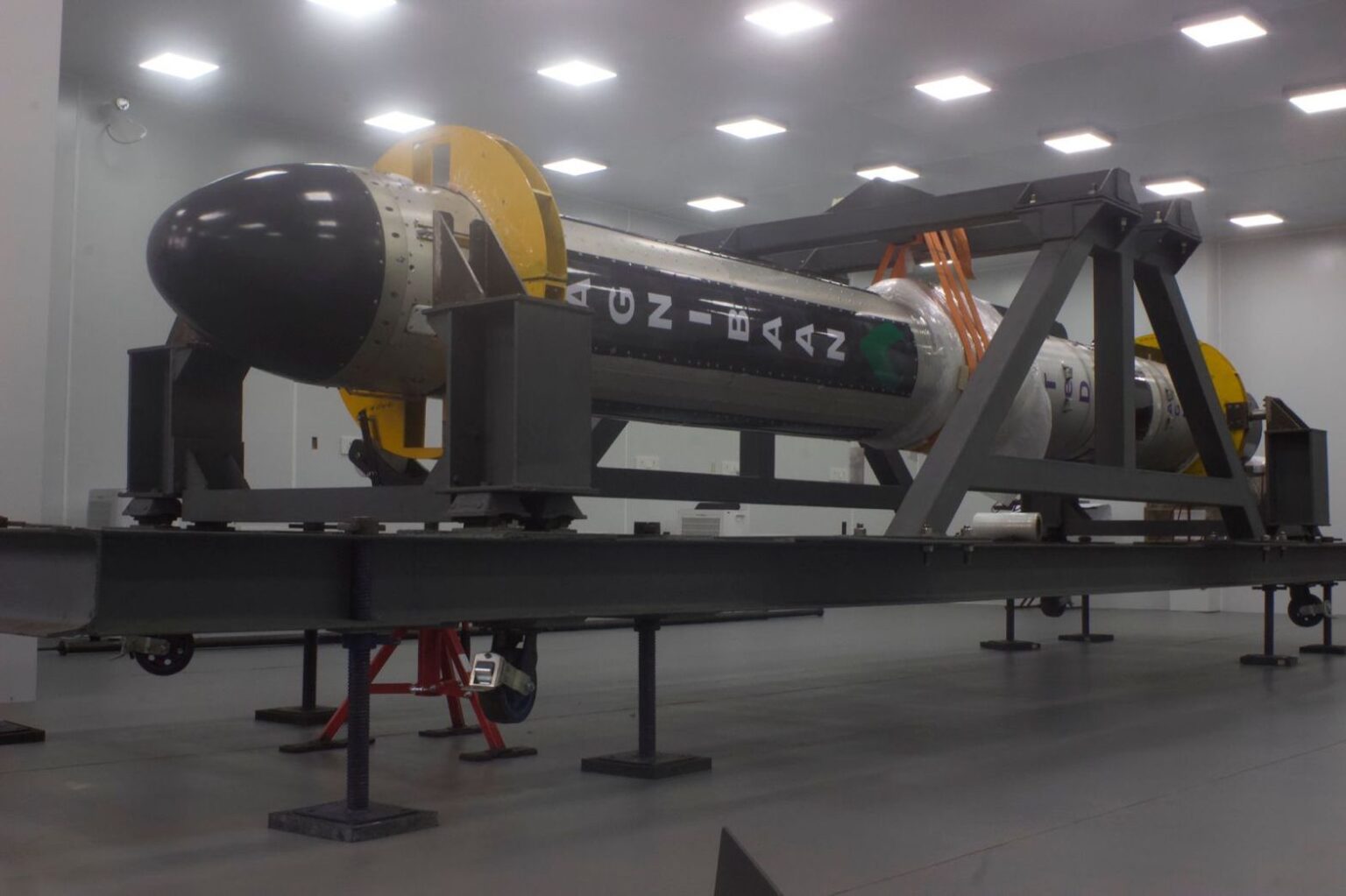The world’s first indigenously built single piece 3D printed engine.
Launching from its own pad ‘Dhanush’.
A single-stage rocket powered by the semi-cryogenic Agnilet engine.
Capability to perform a precisely orchestrated set of manoeuvres during a vertical lift-off and flight, differentiating it from traditional sounding rockets that launch from guide rails.
Bengaluru, NFA Post: In not less than an year since the successful launch of Chandrayaan 3 on the dark side of the moon, India is setting history again on space technology. Agnikul Cosmos, an IIT Madras incubated startup launched the world’s first rocket, Agnibaan SOrTeD, with a single piece 3D printed engine from its own launchpad at Sriharikota at 7:15 AM on May 30, 2024.
‘Agnibaan – SOrTeD’ (Sub-Orbital Technology Demonstrator), also represents the first use of a semi-cryogenic engine in an Indian rocket. It can accommodate payloads ranging from 30 kg to 300 kg, offering versatility across a broad spectrum of mission requirements.
In a press release, Dr. S. Somanath, Chairman of ISRO, lauded the success, stating, “The Department of Space and ISRO congratulates Agnikul Cosmos on the successful launch of ‘Agnibaan – SOrTeD’. The success involving many firsts, including a 3D printed semi-cryogenic engine and advanced flight control systems, demonstrates the prowess of indigenous design and innovation. It motivates ISRO to support space startups and non-governmental entities for innovation and Atmanirbharata to create a vibrant space ecosystem in the country.”
Agnibaan SOrTeD’s unique features include:
- The world’s first indigenously built single piece 3D printed engine.
- Launching from its own pad ‘Dhanush’.
- A single-stage rocket powered by the semi-cryogenic Agnilet engine.
- Capability to perform a precisely orchestrated set of manoeuvres during a vertical lift-off and flight, differentiating it from traditional sounding rockets that launch from guide rails.
In 2020, Agnikul Cosmos became the first company in the country to sign an agreement with ISRO under the IN-SPACe initiative, securing access to the space agency’s expertise and facilities to build Agnibaan.
Speaking to the NFA Post, Agnikul Cosmos Founding Advisor Prof. Satyanarayanan R Chakravarthy said, “3D printing helps in saving time and customise rockets based on the need. Our vision ahead is to launch a two stage vehicle to orbit. To entrepreneurs working in this industry, it depends on what is right for the problem you are trying to solve.”
This launch comes at a time when the Indian government has significantly increased the budget for the Department of Space, earmarking Rs 13,042.75 crore for the fiscal year 2024-25, a boost of Rs 498.84 crore from the previous year. This funding surge and Agnikul’s achievement act as a dual motivator for other space startups in India, reinforcing the nation’s growing prowess in global space technology.





